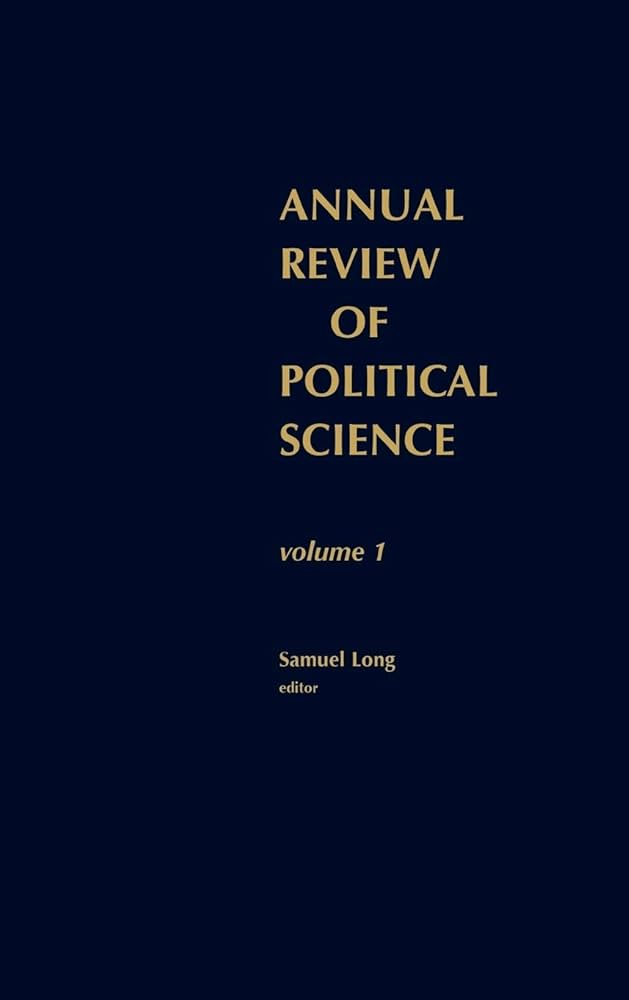Survey Experiments in International Political Economy: What We (Don't) Know About the Backlash Against Globalization
IF 9.5
1区 社会学
Q1 POLITICAL SCIENCE
引用次数: 30
Abstract
This article reviews the cumulation of evidence from survey experiments in the field of international political economy (IPE) and discusses their strengths and weaknesses in explaining the backlash against globalization. I first review the advancements made by the most commonly used survey experiment design in IPE, namely the Globalization-as-Treatment design, in which scholars randomly assign information about different features of globalization and solicit respondents’ attitudes toward protectionism. Then I discuss three issues with this design in addressing key puzzles in the emergence of globalization backlash: ( a) using a coarse informational treatment that stacks the deck against the economic self-interest hypothesis; ( b) overattributing globalization as a source of hardship; and ( c) neglecting heterogeneous room-to-maneuver beliefs across and within countries. The article suggests alternative designs and strategies to study these questions. Evidence from survey experiments suggests that much of the globalization backlash we witness today is deeply rooted in domestic politics.国际政治经济学的调查实验:我们(不)了解对全球化的抵制
本文回顾了国际政治经济学(IPE)领域的调查实验所积累的证据,并讨论了它们在解释反全球化浪潮方面的优势和不足。我首先回顾了国际政治经济学中最常用的调查实验设计的进展,即全球化作为治疗的设计,在这个设计中,学者们随机分配关于全球化不同特征的信息,并征求受访者对保护主义的态度。然后,我讨论了这一设计在解决全球化反弹中出现的关键难题时的三个问题:(a)使用粗糙的信息处理,与经济上的自利假设背道而驰;(b)将全球化过度归因于困难的根源;(c)忽视了国家之间和国家内部不同的机动空间信念。本文提出了研究这些问题的不同设计和策略。来自调查实验的证据表明,我们今天看到的对全球化的强烈抵制在很大程度上根植于国内政治。
本文章由计算机程序翻译,如有差异,请以英文原文为准。
求助全文
约1分钟内获得全文
求助全文
来源期刊

Annual Review of Political Science
POLITICAL SCIENCE-
CiteScore
15.20
自引率
4.60%
发文量
23
期刊介绍:
The Annual Review of Political Science has been published since 1998 to provide comprehensive coverage of critical advancements in the field. It encompasses a wide range of subjects within Political Science, such as political theory and philosophy, international relations, political economy, political behavior, American and comparative politics, public administration and policy, and methodology.
 求助内容:
求助内容: 应助结果提醒方式:
应助结果提醒方式:


